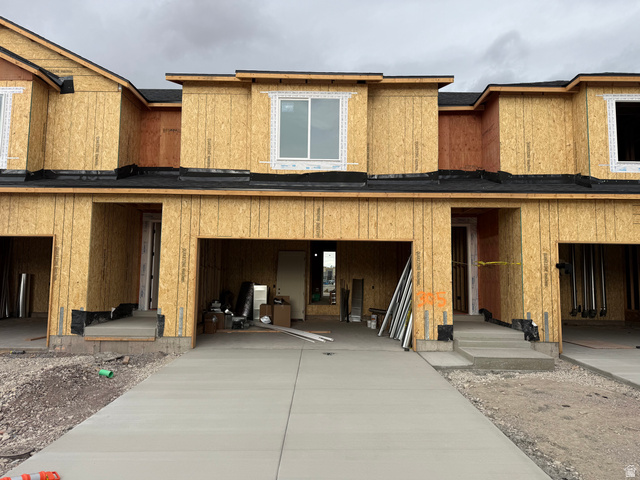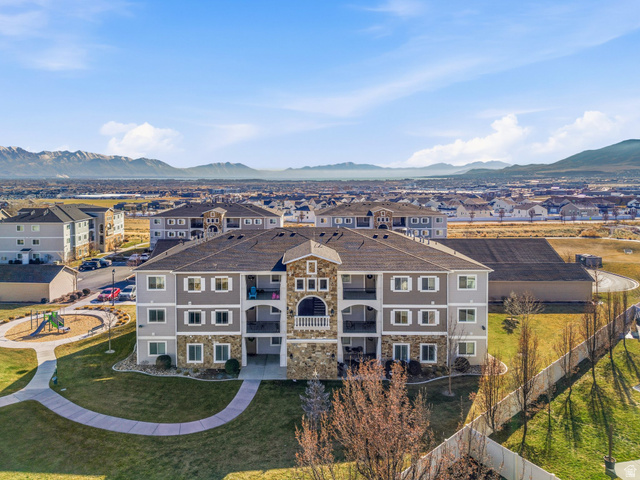
Image from Freepik
Relocating out of state is a big decision, and for many Utah homeowners, the biggest question isn’t about packing or timing, it’s about what to do with the home you’re leaving behind. Whether you're considering a move for career opportunities, lifestyle changes, or new beginnings, like moving from Utah to Texas, you’re likely weighing whether to sell your home or turn it into a rental. Both choices offer benefits, but each comes with its own responsibilities, financial considerations, and long-term implications. Understanding the trade-offs helps you make a confident, well-informed decision that aligns with your goals.
The Case for Selling: Simplicity, Speed, and Immediate Gains
Selling your Utah home before relocating provides one major benefit: clarity. Once the home is sold, there is no ongoing responsibility, no tenant communication, and no need to oversee maintenance long-distance. For many homeowners preparing for a big move, that simplicity alone is worth it.
A strong Utah market can also work to your advantage. If home prices in your neighborhood are stable or rising, selling may give you the cash needed to put toward your new property, pay off debt, or strengthen your financial flexibility. Without the responsibility of managing a rental, you can focus entirely on settling into your new environment.
Selling also eliminates the risk of vacancies, property damage, or navigating tenant issues while living in another state. For homeowners who prefer a clean transition, selling is often the most straightforward path.
The Case for Renting: Passive Income and Long-Term Value Growth

Image from Freepik
On the other hand, renting out your Utah home can provide a reliable source of income while allowing you to keep a valuable asset in a growing market. Utah’s population continues to rise, and rental demand remains strong in many areas, particularly near universities, tech hubs, and family-friendly neighborhoods.
Explore Utah Real Estate

653 E RYEGRASS DR #305, Eagle Mountain, UT
$387,900
Bedrooms: 3 Bathrooms: 3 Square feet: 1,985 sqft

6668 S 3200 W, Spanish Fork, UT
$2,199,999
Bedrooms: 3 Bathrooms: 3 Square feet: 2,560 sqft

1500 FISH CREEK RD, Bancroft, ID
$1,100,000
Bedrooms: 6 Bathrooms: 4 Square feet: 3,767 sqft
Keeping your property means you continue building equity while someone else helps pay down your mortgage. If Utah home values appreciate over time, you maintain your position in the market rather than selling and potentially buying again at a higher price in the future.
Renting can be especially appealing for homeowners uncertain about their long-term plans. If your relocation ends up temporary, you can return to the home without having to repurchase in a more expensive market. And if the move becomes permanent, the rental income may become a valuable part of your long-term financial strategy.
Financial Stability vs. Financial Opportunity
The decision often comes down to whether you prefer immediate profit or long-term investment.
Selling provides instant liquidity. This can be helpful if you need funds for a down payment in your new state, want to reduce debt, or simply prefer a more streamlined transition.
Renting, however, creates recurring income. While this can be lucrative, it also requires more long-term thinking and a willingness to treat the property as a business. You’ll need to plan for maintenance costs, property management fees if you choose professional help, and occasional vacancy periods.
Considering your current financial goals, short-term stability or long-term growth, can help clarify the best path forward.
How Hands-On Do You Want to Be?
Managing a rental property requires ongoing attention. Even with great tenants, occasional repairs, inspections, and communication are inevitable. Many long-distance homeowners hire a property manager, but even then, unexpected issues can arise.
If your relocation is demanding, if you’re moving into a new job, or if family responsibilities are already high, adding property management might create unnecessary stress. In that case, selling provides relief and a smoother transition.
More Properties You Might Like

86 S 950 E, Hyde Park, UT
$774,900
Bedrooms: 6 Bathrooms: 4 Square feet: 3,544 sqft

LOOKING GLASS RD, La Sal, UT
$998,100
Bedrooms: 3 Bathrooms: 1 Square feet: 792 sqft

216 W RIDGE RD, Saratoga Springs, UT
$309,999
Bedrooms: 3 Bathrooms: 2 Square feet: 1,196 sqft
If, however, you enjoy the idea of rental income, don’t mind a bit of responsibility, or already have experience managing real estate, renting can be a rewarding option.
Market Timing Matters But Don’t Overthink It
Utah’s real estate market, like any market, goes through cycles. If demand in your area is high, selling may bring a strong return. If inventory is low and rental demand is climbing, keeping the property might make more sense.
A quick discussion with a local real estate professional can help you evaluate whether your specific neighborhood favors sellers, landlords, or both. Sometimes selling is the obvious choice; other times, rental income may outperform a sale.
Market context shouldn’t be the only deciding factor, but it can play a significant role.
Emotional Attachment: The Hidden Factor Most Homeowners Underestimate
Homes carry memories and emotional meaning. Some homeowners feel a deep connection to the property and like the idea of holding onto it, even from afar. Others want to close one chapter completely before starting a new one. Neither feeling is wrong.
Recognizing your emotional attachment helps ensure your decision aligns with your peace of mind, not just the financial numbers.
Choosing whether to sell or rent out your Utah home before relocating is ultimately about balancing practicality, financial goals, and lifestyle preferences. Selling offers immediate clarity and simplicity, while renting provides long-term income and keeps you invested in a strong Utah housing market. There is no one-size-fits-all answer, only the path that best fits your plans and peace of mind.
For additional insight into smart financial planning during major life transitions, the Financial Planning Association (FPA) offers homeowner-friendly resources, a useful guide for anyone navigating relocation and big real estate decisions.











